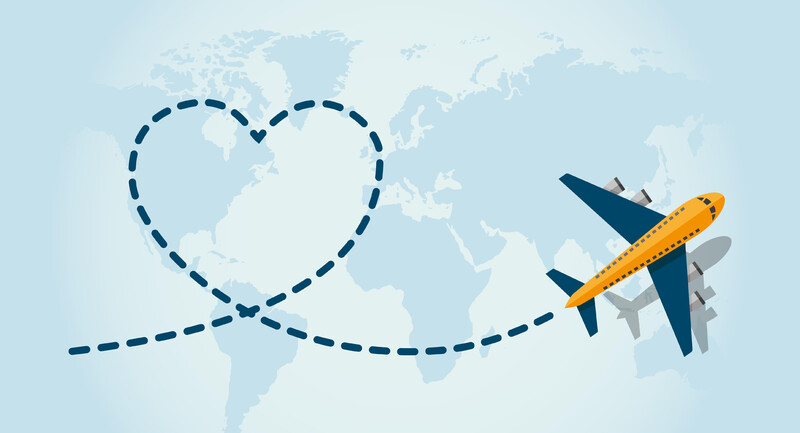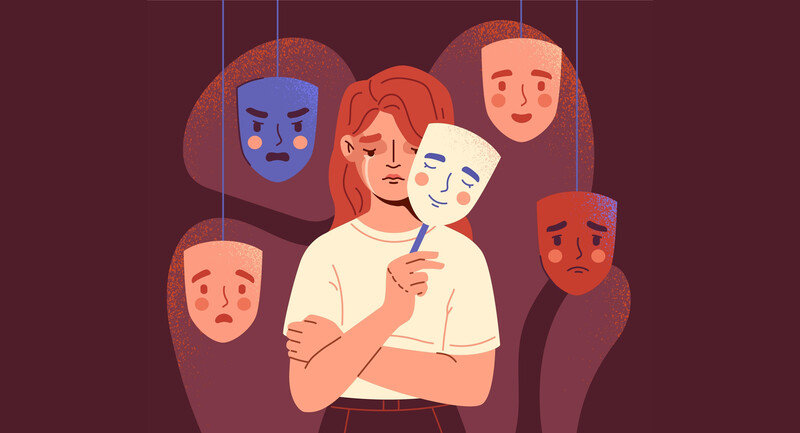As schools and educators face one of their greatest challenges in serving and supporting students during the COVID-19 crisis, it’s more important than ever to develop education systems that focus on the needs of the whole child.
The following is the first in series of short essays we will be publishing on this blog from ASCD’s recent report The Learning Compact Renewed: Whole Child for the Whole World (May 2020), which outlines steps that educators, communities, and decision-makers can take to ensure that our students are knowledgeable, emotionally and physically healthy, civically inspired, engaged in the arts, prepared for work and economic self-sufficiency, and ready for the world beyond formal schooling. The essays focus on the importance of preparing to thrive in an increasingly interconnected world—something current crises make abundantly clear.
The communities in which children live today are increasingly interconnected with the rest of the world. Global economic production and consumption chains, human migration, and the ease of Internet connectivity, and the proliferation of social media have broken down geographic and cultural boundaries. Our local actions—what we purchase or sell, who we vote for, how to get to work—can have ripple effects around the world. Likewise, an action that takes place halfway around the globe can affect our lives. As our world becomes smaller, local communities face challenges such as famine, violent conflicts, climate change, economic inequality, and human rights that threaten the health and safety of children and require complex global solutions. Therefore, an important facet of attending to the health, safety, engagement, and support of a child, and to ensuring that a child is challenged academically, is infusing the mindsets, knowledge, and skills needed to thrive in an interconnected world.
In this second decade of the ASCD Whole Child approach, we understand that teaching students how to engage with the world will help them both in their careers and in life pursuits. It will also help our communities understand that they are part of the broader world and have a role to play in working for the common good.
Abraham Maslow, 26 years after introducing his Hierarchy of Needs, added a sixth stage: self-transcendence. As Maslow defined it, “Self-transcendence seeks to further a cause beyond the self… This may involve service to others, devotion to an ideal (e.g., truth, art) or a cause (e.g., social justice, environmentalism, the pursuit of science, a religious faith), and/or a desire to be united with what is perceived as transcendent or divine.”
In Maslow’s hierarchy, youth develop their potential to be the best they can be and to assist others—to serve humanity. Improving oneself is admirable, but improving oneself for the betterment of those around you is desirable. We define this stage as altruism—reaching beyond oneself to take actions that improve one’s own community and communities around the world. We see altruism as a vital output of a whole child education.
In 2007, ASCD declared that that our education system should serve the whole child so that each child, in each community, is healthy, safe, engaged, supported, and challenged. As we look toward 2020 and beyond, we affirm that a fundamental part of educating the whole child asks education systems and communities to ensure that each child is an active maker and shaper of the world they will inherit. This stage is about helping each and every child recognize that they are part of, and inextricably connected to, the rest of the world.
The communities in which children live today are increasingly more interconnected with the rest of the world. Global economic production and consumption chains, human migration, and the ease of Internet connectivity, and the proliferation of social media have broken down geographic and cultural boundaries. Our local actions—what we purchase or sell, who we vote for, how to get to work—can have ripple effects around the world. Likewise, an action that takes place halfway around the globe can affect our lives. As our world becomes smaller, local communities face challenges, such as famine, violent conflicts, climate change, economic inequality, and human rights that threaten the health and safety of children and require complex global solutions.
Therefore, an important facet of attending to the health, safety, engagement, and support of a child, and to ensuring that a child is challenged academically, is infusing the mindsets, knowledge, and skills needed to thrive in an interconnected world, empowering them to make our world a better place for themselves, one another, and the planet. To do anything less is to shortchange our youth and their futures.
To help plan, start, and grow your school’s whole child journey, join ASCD’s Whole Child Network.
About the authors
Sean Slade is the ASCD’s Senior Director of Global Outreach. Ariel Tichnor-Wagner, a former ASCD fellow of global competence, is a lecturer at the Boston University Wheelock College of Education & Human Development.
Sean Slade is an education leader, speaker, and author, with nearly three decades of experience in education in the U.S. and globally. He serves as Head of BTS Spark, North America, the social impact arm of BTS focusing on educational leadership development. Prior to BTS Spark, Sean was senior director of global outreach at ASCD, where he launched and grew the ASCD Whole Child Network across 56 countries and led the development of the Whole School, Whole Community, Whole Child Model (WSCC) with the CDC. His latest book is The Power of the Whole: What is Lost by Focusing on Individual Things.








